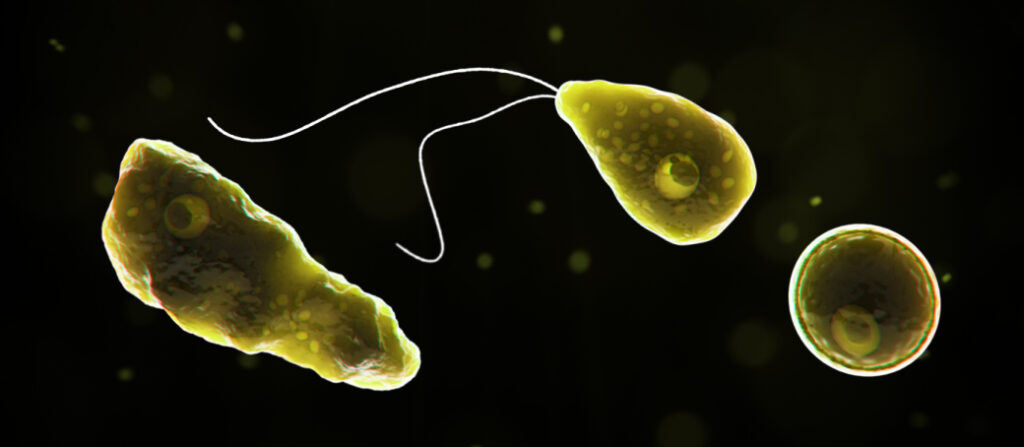
(Rightallegiance.com) – A tragic and rare health incident in Texas claimed the life of a previously healthy 71‑year‑old woman after she used untreated tap water in an RV’s nasal irrigation system. Medical tests confirmed the presence of the deadly amoeba Naegleria fowleri in her brain.
While staying in a campground, the woman used tap water from the RV’s water tank in a nasal rinse device. Within four days, she developed severe symptoms including fever, headache, and altered mental status. Despite hospital treatment, her condition deteriorated—she suffered seizures and died eight days after symptom onset.
Naegleria fowleri is a microscopic amoeba found in warm freshwater and, in rare cases, untreated tap water. It enters through the nasal cavity and travels to the brain, causing primary amebic meningoencephalitis (PAM)—a fatal condition with a mortality rate exceeding 97%.
The CDC and Texas Department of State Health Services confirmed the infection and investigated water quality in both the RV system and campground. Officials emphasized that drinking the water posed no known risk, but using it for nasal rinses could lead to deadly infections.
The CDC recommends using distilled, sterile, or boiled and cooled tap water when performing nasal irrigation. Tap or faucet water must be boiled for at least one minute (longer at higher altitudes), then allowed to cool before use. They also advise maintaining and disinfecting water systems in RVs and campgrounds to prevent contamination.
Though extremely rare, infections have occurred previously when people used unsterilized water in neti pots or during swimming. From 1962 through 2023, the U.S. recorded 164 cases of PAM with only four survivors. Notably, a child died after swimming in Texas waters and families have since advocated for awareness and safety protocols.
This tragic death underscores a crucial public health warning: never use unsterilized tap water for nasal rinsing. Although Naegleria fowleri infections are rare, the consequences are almost always fatal. By following proper safety guidelines—using boiled, distilled, or sterile water—individuals can prevent these devastating infections.